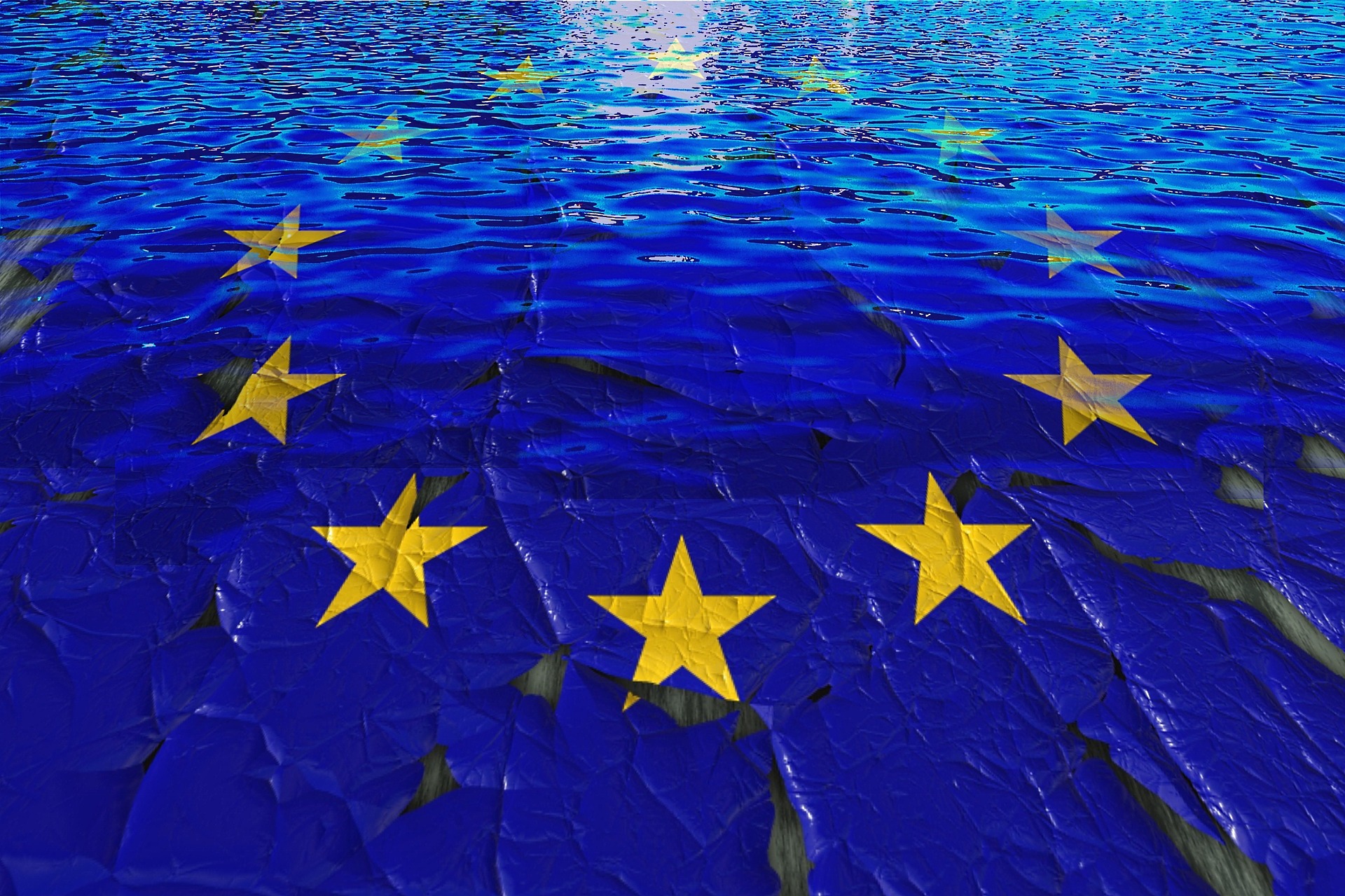The Macquarie Dictionary has named ‘AI slop’ its 2025 Word of the Year, reflecting widespread concern about the flood of low-quality, AI-generated content circulating online. The selection committee noted that the term captures a major shift in how people search for and evaluate information, stating that users now need to act as ‘prompt engineers’ to navigate the growing sea of meaningless material.
‘AI slop’ topped a shortlist packed with culturally resonant expressions, including ‘Ozempic face’, ‘blind box’, ‘ate (and left no crumbs)’ and ‘Roman Empire’. Honourable mentions went to emerging technology-related words such as ‘clankers’, referring to AI-powered robots, and ‘medical misogyny’.
The public vote aligned with the experts, also choosing ‘AI slop’ as its top pick.
The rise of the term reflects the explosive growth of AI over the past year, from social media content shared by figures like Donald Trump to deepfake-driven misinformation flagged by the Australian Electoral Commission. Language specialist David Astle compared AI slop to the modern equivalent of spam, noting its adaptability into new hybrid terms.
Asked about the title, ChatGPT said the win suggests people are becoming more critical of AI output, which is a reminder, it added, of the standard it must uphold.
Would you like to learn more about AI, tech and digital diplomacy? If so, ask our Diplo chatbot!










